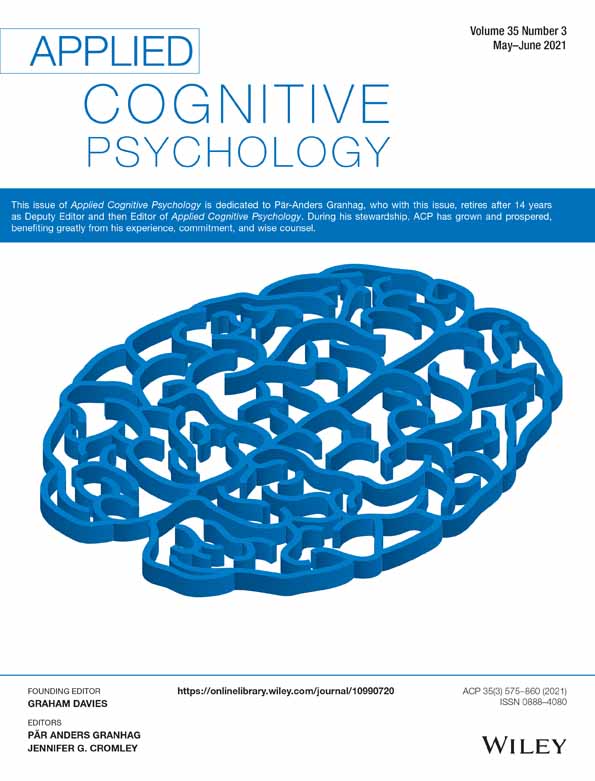The association between the belief in coronavirus conspiracy theories, miracles, and the susceptibility to conjunction fallacy

Previous research has shown that people who endorse conspiracy theories are more prone to the conjunction fallacy: the tendency to perceive conjunct events as more probable than constituent events. The present study examined the relationship between specific beliefs (belief in conspiracy theories, religiosity) and the susceptibility to conjunction errors (CEs) in specific domains. A total of 500 participants was presented with brief scenarios from the domains ‘coronavirus conspiracy’, ‘miraculous healing’, and a control condition. Each scenario included one statement about a separate event and a second statement about two joint events co-occurring. The participants estimated the probability of each statement. Results showed that the number of CEs made in the coronavirus domain was only associated with the belief in conspiracy theories, while general religiosity was only associated with CEs for scenarios describing miraculous healings. The assessed beliefs were not associated with CEs made in the control condition. Results suggest that distinct beliefs are uniquely associated with the susceptibility to conjunction errors in particular domains.
This article is protected by copyright. All rights reserved.


